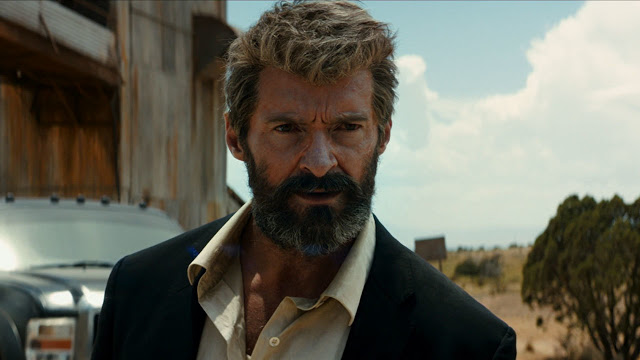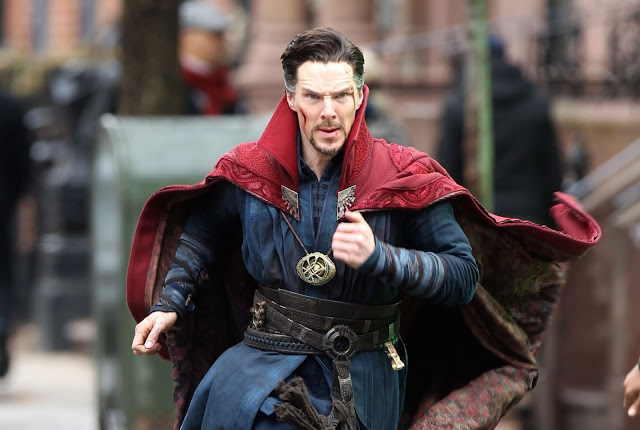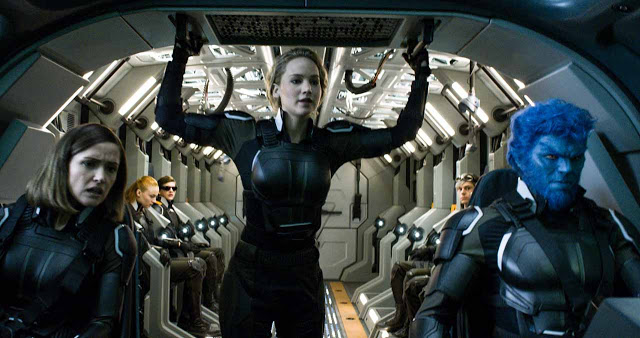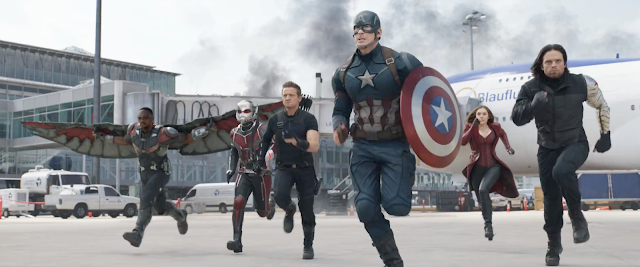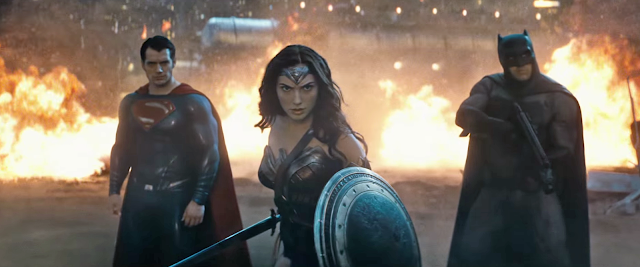Logan: For Ailing Hero, a Road Trip and a Reckoning
The most valid criticism of Marvel movies is that they’re all the same. That’s an exaggeration, certainly, but there’s an undeniable whiff of formula that pervades the MCU, a familiarity that sometimes slips into complacency. The oversized casts, the pithy banter, the FX-laden fight scenes, the mundane aesthetic, the cameos and the fan service and the post-credits stingers—all of these combine to form a brand that, while powerful and successful, threatens innovation and disdains originality. (My favorite MCU entry, Guardians of the Galaxy, is delightful in part because it is only tenuously connected to its eponymous universe.) Some of the individual titles are good, others are bad, but few even try to be great.
Logan, the seventh movie to feature Hugh Jackman as the Wolverine (ninth if you count his single-scene appearances in X-Men: First Class and X-Men: Apocalypse), is not a great movie. Its villains are bland, its action sequences are mediocre, and its pacing is occasionally sluggish. These are flaws that would cripple most comic-book movies. But Logan, which was directed by James Mangold from a script he wrote with Scott Frank and Michael Green, is not most comic-book movies. A welcome outlier in a cinematic landscape of alarming uniformity, it is decidedly unlike its peers: bold, thoughtful, and surprisingly powerful. Above all, it is distinctive. Read More

